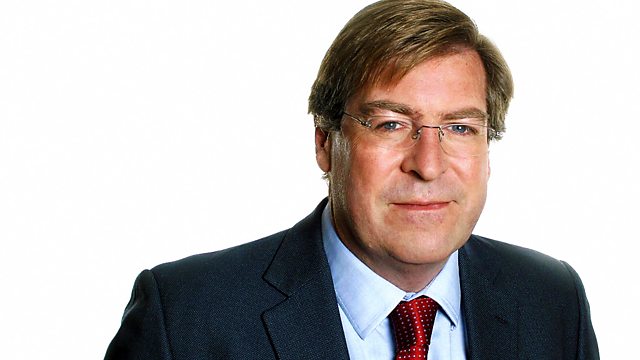
Scientific Progress
Edward Stourton revisits broadcast debates from the archives. Philosopher Karl Popper and neuroscientist John Eccles discuss scientific progress.
Edward Stourton continues to revisit broadcast debates from the archives - exploring the ideas, the great minds behind them and echoes of the arguments today.
By 1971, Austrian Sir Karl Popper was already established as perhaps the greatest philosopher of science when he appeared on Dutch television. He sat opposite Nobel-winning neuroscientist Sir John Eccles to discuss the scientific method and its flaws. How did we know if a fact or theory was unquestionably true or not?
As a young man, the discoveries of Albert Einstein, which dislodged many of the basic "truths" of physics according to Newtonian laws, had impressed on him the fallibility of scientific experiments. The scientific community, he asserted, needed to look at problems from a very different perspective - using his theory of falsifiability. Eccles had, in fact, used this way of thinking to disprove his own theories.
So how can we differentiate between pseudo-science and real science? What is the role of science and scientists in the progress of mankind? And on to today - do these arguments still hold sway?
In the studio dissecting the debate is Colin Blakemore, Professor of Neuroscience at the University of Oxford; and Anthony O'Hear, Professor of Philosophy at the University of Buckingham.
Producer: Dom Byrne
A Blakeway production for 大象传媒 Radio 4.
Last on
More episodes
Previous
Next
You are at the last episode
Broadcasts
- Mon 10 Sep 2012 09:30大象传媒 Radio 4
- Fri 22 Feb 2013 13:45大象传媒 Radio 4
